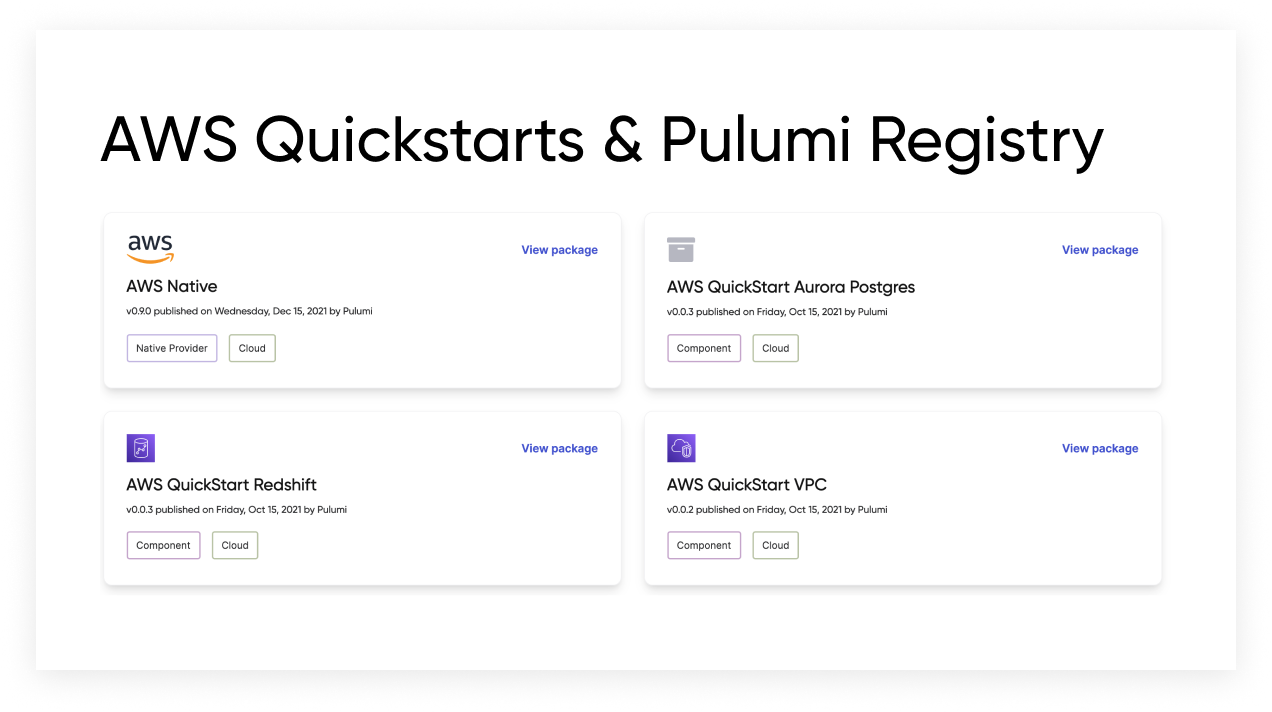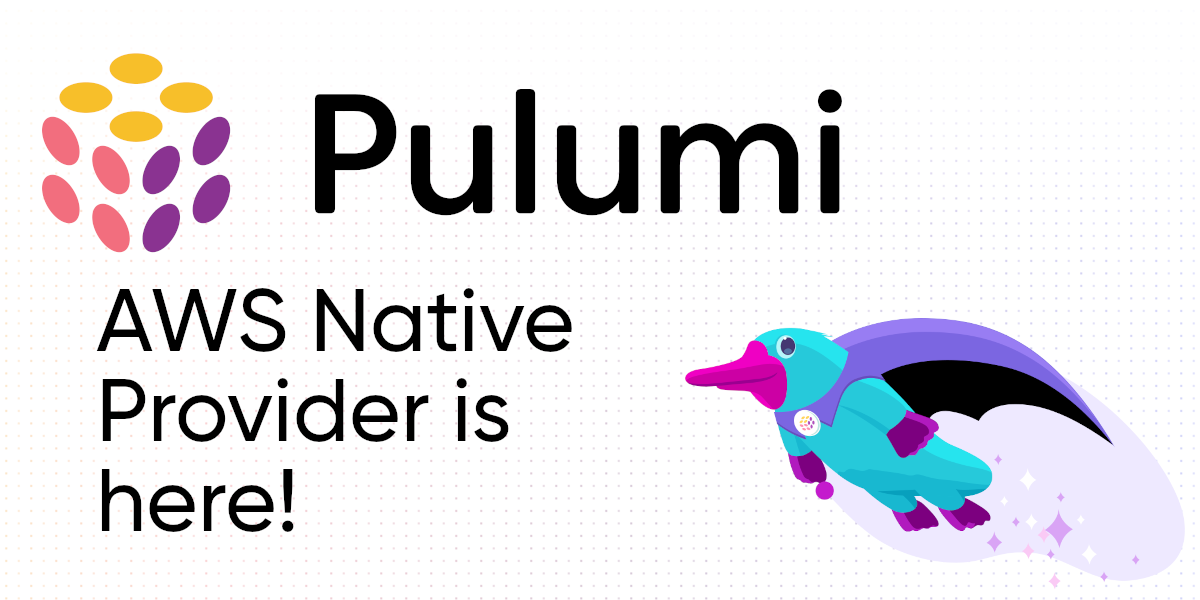Announcing v5.0.0 of the Pulumi AWS Provider

We are excited to announce v5.0.0 of the Pulumi AWS Classic provider. The AWS Classic provider is one of the most heavily used providers across the Pulumi ecosystem, and offers access to the full surface area of the upstream Terraform AWS Provider from within Pulumi projects in all supported Pulumi languages. The v5.0.0 release brings a substantial set of fixes and improvements to the provider, including a number of breaking changes as part of the major version release.







